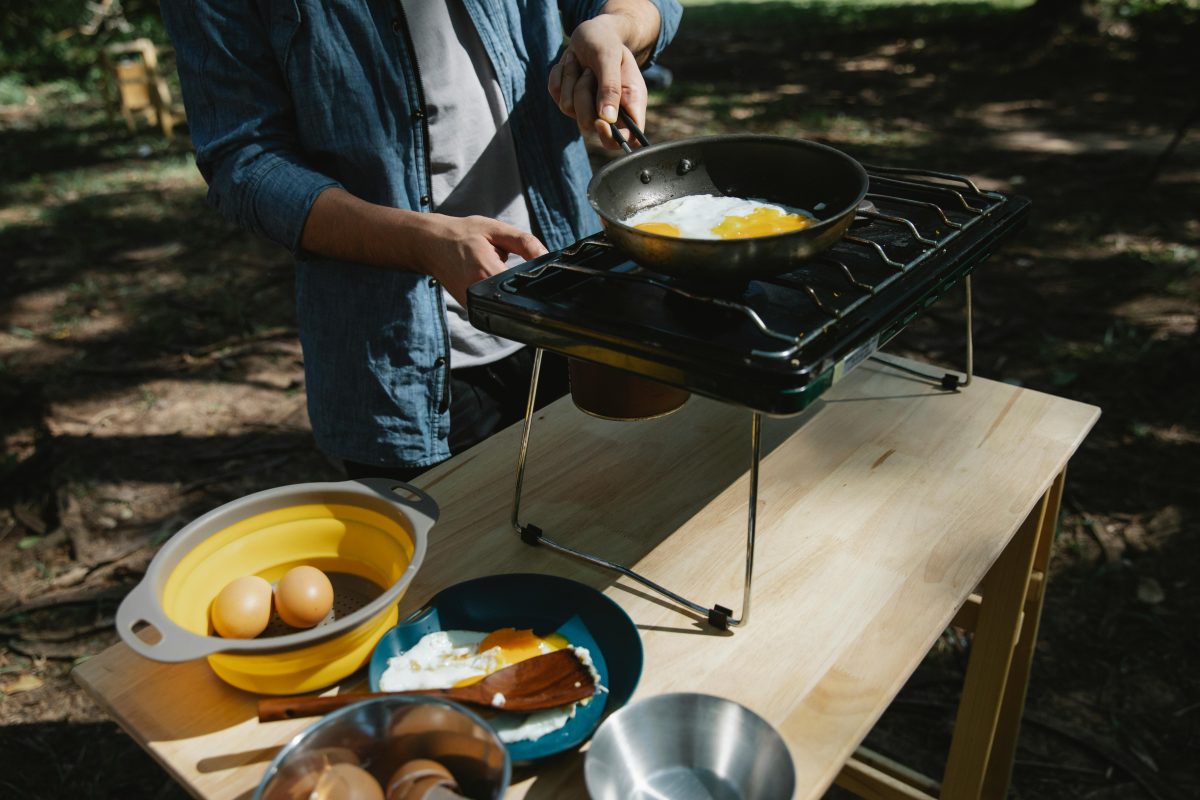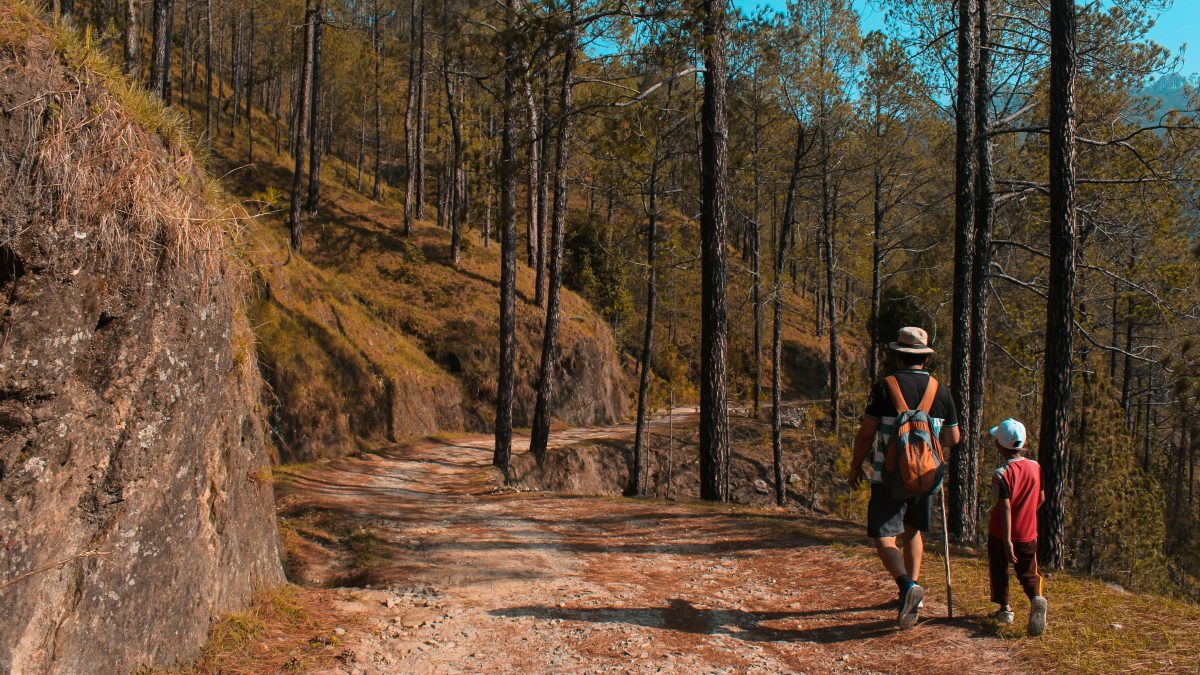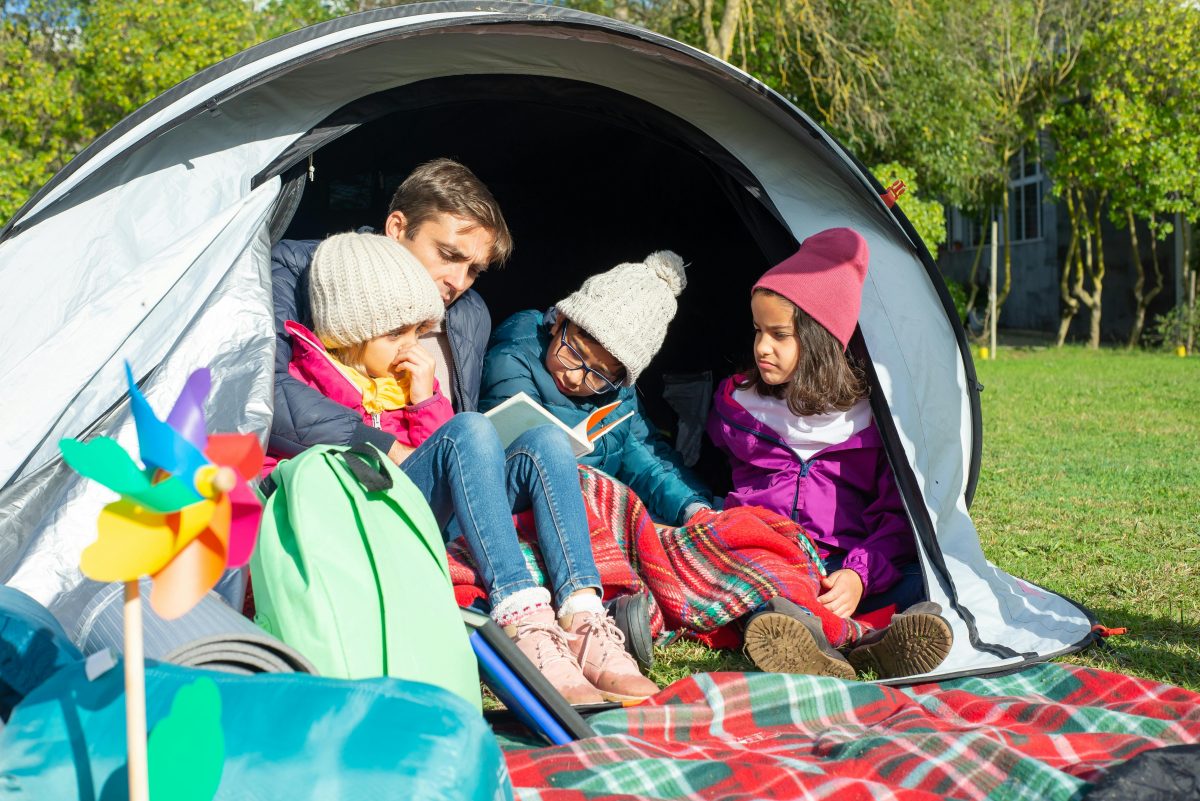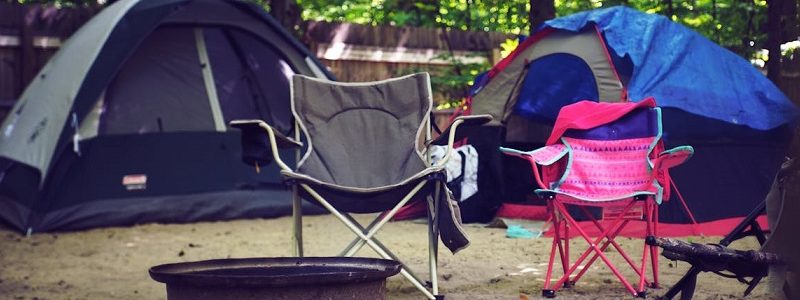How to Prepare for a Family Camping Weekend
Looking for an unforgettable family getaway that won’t drain your wallet? Camping near Houston offers the perfect mix of adventure, relaxation, and bonding time in the great outdoors. Whether your family loves splashing in a lake, exploring quiet forest trails, or roasting marshmallows under the stars, there’s a camping spot just for you. Best of all, these trips don’t require expensive gear or elaborate plans—just a bit of preparation and a love for the outdoors.
This guide is packed with practical tips and a roundup of the best family-friendly campsites near Houston. From beachside escapes to shady forest retreats, you’ll discover affordable destinations and activities that will keep your family entertained and inspired. Ready to plan your next outdoor adventure? Let’s dive in!
Choosing the Right Campsite
Houston is surrounded by excellent camping locations catering to different budgets. Look into state parks like Brazos Bend State Park or Huntsville State Park, which offer reasonably priced options. If you’re looking for a more rustic experience, some campsites provide free primitive camping. Proximity is key, so select a location within a short driving distance to minimize fuel expenses.
Here’s a look at some of the top family-friendly camping spots near Houston.
Brazos Bend State Park
If you’re looking for a spot close to Houston with plenty of activities for the whole family, Brazos Bend State Park is a top choice. Just a 45-minute drive from the city, this park has trails, fishing lakes, and the chance to spot alligators sunning themselves. It’s perfect for families who love a little wildlife adventure, and the George Observatory offers a unique stargazing experience. Brazos Bend features affordable camping options, and its mix of activities makes it great for families of all ages. You’ll love exploring this outdoor treasure.
- Distance: ~45 miles (1 hour drive)
- What Makes It Special:
- Wildlife spotting opportunities, including alligators.
- Beginner-friendly Creekfield Lake Trail.
- Stargazing at the George Observatory.
- Restrooms, picnic areas, and fishing lakes for family fun.
- Cost: $7/adult entry fee, free for kids under 13; campsites from $12/night.
Huntsville State Park
Huntsville State Park, about 70 miles from Houston, is an excellent option for families who enjoy shaded campgrounds and a variety of activities. The park is set in the Sam Houston National Forest, giving it a peaceful vibe. Lake Raven is the star here, offering swimming, fishing, and even paddle boating. With its beginner-friendly hiking trails and well-equipped facilities, Huntsville is perfect for families who want to enjoy nature without having to rough it too much. It’s close enough for a weekend getaway but far enough to feel like an adventure.
- Distance: ~70 miles (1.5 hours drive)
- What Makes It Special:
- Shaded campsites ideal for warm-weather trips.
- Lake Raven offers swimming, fishing, and paddle boating.
- Easy, kid-friendly hiking trails.
- Cost: $7/adult entry fee; campsites start at $15/night.
Lake Livingston State Park
If water activities are your family’s thing, Lake Livingston State Park should be on your list. Located about 75 miles from Houston, this park is centered around one of the largest lakes in Texas. It’s the perfect spot for kayaking, fishing, or just relaxing by the water. With spacious campsites that range from basic to RV-friendly, it’s easy to find a setup that suits your family’s needs. Whether you want to be active on the lake or simply enjoy a picnic by the shore, Lake Livingston delivers.
- Distance: ~75 miles (1.5 hours drive)
- What Makes It Special:
- Ideal for water activities like kayaking and fishing.
- Spacious campsites with options for RVs.
- Scenic lakeside views perfect for relaxing and picnicking.
- Cost: $6/adult entry fee; camping fees from $15/night.
Galveston Island State Park
Imagine camping by the beach—Galveston Island State Park offers exactly that! Just an hour from Houston, this park gives you access to both the bay and the Gulf, so you can spend your days swimming, fishing, or walking along sandy shores. It’s a great option for families with kids, as the shallow waters make for safe and fun playtime. You’ll love falling asleep to the sound of the waves, and the mix of coastal trails and water activities makes this park a favorite for beach-loving families.
- Distance: ~60 miles (1 hour drive)
- What Makes It Special:
- Beach and bay access for swimming, fishing, and exploring.
- Kid-safe shallow waters and sandy shores.
- Coastal trails with wildlife and birdwatching opportunities.
- Cost: $5/adult entry fee; campsites start at $15/night.
Sheldon Lake State Park
If you’re short on time but still want an outdoor experience, Sheldon Lake State Park is just 30 minutes away and is a great option for a day trip. While it doesn’t offer overnight camping, the park is perfect for fishing, learning about local wildlife, and walking its short, easy trails. It’s a simple and budget-friendly way to get outside with the family.
- Distance: ~20 miles (30 minutes drive)
- What Makes It Special:
- Free entry makes it budget-friendly.
- Great fishing spots and educational displays about nature.
- Short trails that are easy for young kids.
- Cost: Free for entry; no camping fees (day-use only).
Village Creek State Park
Village Creek State Park, about two hours from Houston, is a peaceful spot perfect for families who want to escape the hustle and bustle. Canoeing or tubing down the creek is the highlight here, and the campsites are well-maintained with access to showers and restrooms. It’s the perfect mix of relaxation and outdoor fun.
- Distance: ~90 miles (2-hour drive)
- What Makes It Special:
- Canoeing and tubing along a calm creek.
- Quiet atmosphere, ideal for family relaxation.
- Campsites with showers and restroom access.
- Cost: $4/adult entry fee; campsites start at $10/night.
Double Lake Recreation Area
For families who like a little adventure, Double Lake Recreation Area in the Sam Houston National Forest is an excellent choice. It’s about an hour and a half from Houston and offers shaded campgrounds, mountain biking trails, and a peaceful lake for fishing or just enjoying the scenery. It’s an active camper’s dream while still being family-friendly.
- Distance: ~70 miles (1.5 hours drive)
- What Makes It Special:
- Opportunities for mountain biking and hiking.
- A tranquil lake perfect for fishing or relaxing.
- Shaded campsites that keep things comfortable.
- Cost: $7/vehicle for day use; campsites from $20/night.
Additional Tips for Camping Near Houston
Affordable Meal Preparation
Food can be one of the biggest expenses on a camping trip, but it doesn’t have to be. Plan your meals in advance and prepare as much as you can at home. This not only saves money but also reduces the amount of cooking you’ll need to do at the campsite. Here are some budget-friendly meal ideas:

- Breakfast: Oatmeal with toppings like nuts, dried fruit, or honey is inexpensive and easy to prepare. You can also make homemade granola bars or breakfast burritos ahead of time.
- Lunch: Sandwiches, wraps, or simple salads are perfect for a quick and cheap lunch. Use leftovers from dinner to make lunch the next day.
- Dinner: One-pot meals like chili, pasta, or stew can be cooked in a large pot over the campfire. Prepare and freeze these meals at home, then heat them up at the campsite.
- Snacks: Bring along budget-friendly snacks like trail mix, popcorn, or fruit.
By planning and preparing meals in advance, you can avoid the temptation to purchase expensive convenience foods or eat out.
Packing Essentials
Packing thoughtfully ensures you have what you need while avoiding unnecessary expenses. Key items include:
- Shelter and sleeping gear (tent, sleeping bags, etc.)
- Cooking supplies (stove, utensils, reusable plates)
- Clothing appropriate for the weather
- First aid kit, bug spray, and sunscreen
- Maps or a GPS device
Free and Low-Cost Activities
Enjoy simple, budget-friendly activities while camping, such as:
- Hiking trails at Brazos Bend or Galveston Island.
- Fishing at Lake Livingston or Huntsville’s Lake Raven.
- Swimming in Lake Raven or the Gulf waters at Galveston.
- Stargazing at Brazos Bend.
- Campfire fun with storytelling, games, or roasting marshmallows.

Camping near Houston offers a variety of experiences, from forest trails to sandy beaches. With careful planning, you can create an affordable and unforgettable family adventure.
Embrace the Experience
Camping on a budget doesn’t mean you must skimp on fun or comfort. Embrace the experience by focusing on what matters most: spending quality time with your family and enjoying the great outdoors. Disconnect from technology, be present at the moment, and create lasting memories together.

Preparing for a family camping weekend on a budget requires some planning and creativity, but it is entirely possible. By choosing an affordable campsite, planning and preparing meals, borrowing or renting equipment, using what you have, packing smart, and planning free or low-cost activities, you can have a fantastic camping experience without overspending. Embrace the simplicity and joy of camping, and enjoy a memorable weekend with your loved ones.




